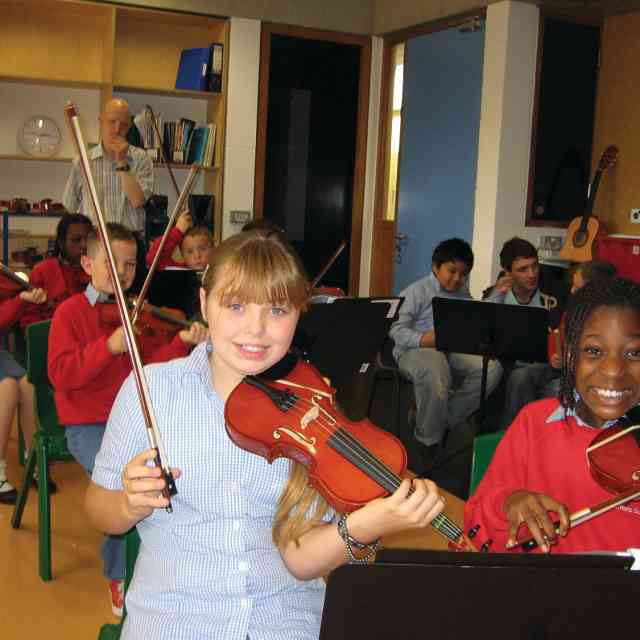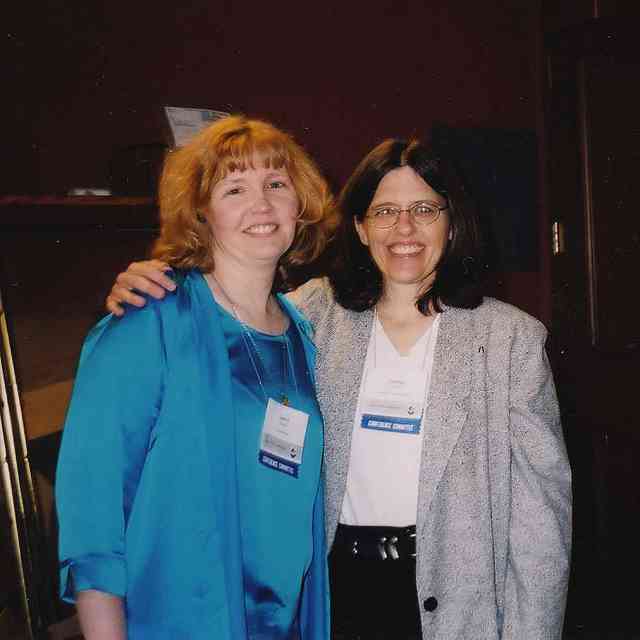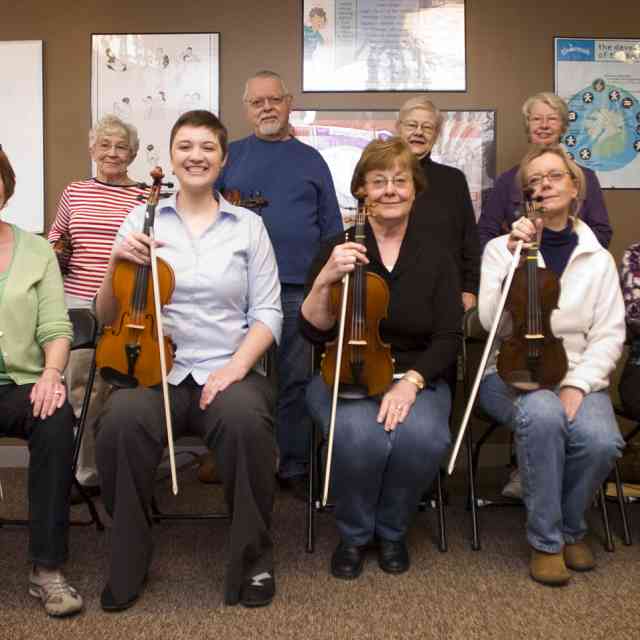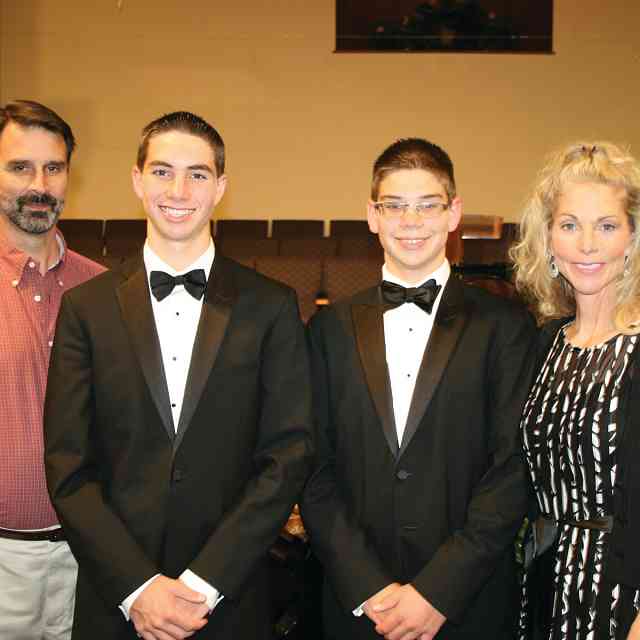For thirty-four years, I spent hours each day teaching children to play the violin. The violin lessons were more than music; we worked with one another’s spirits.
The saying goes, we may not remember exactly what people did or said, but we always remember how they made us feel. The “fruits of the spirit” listed in Galatians 5:22-23 are about things we feel:
- love
- joy
- peace
- patience
- kindness
- goodness
- faithfulness
- self-control
I recently closed my violin studio for medical and financial reasons. I have ligament problems and can no longer play violin on the level I wish I could. As a self-employed teacher, I was spending more than a quarter of my income on health care costs and still not getting all the care I need. I was unable to save at all adequately for retirement. I am grieving losing some of my playing abilities as well as my identity as a string teacher—it is hard to feel your world closing around you and to feel that you must let go of that which gave a lot of meaning to your life. It is scary to take a big chance and start job-hunting. I wrestle with fear, but somehow I keep praying for and finding the courage to keep going, even when I am afraid.
One of the paths I am most drawn toward is to work as an activities coordinator in an assisted living facility. I have often performed alone or with students in area retirement facilities. Besides researching things on the internet and visiting an expo and area facilities, I decided I would like to volunteer twice a week for a month at a relatively small facility. That way, I could gain a clearer picture of what activities coordinators and residents do together on a regular basis.
I chose to volunteer at the Hitz Home in Alhambra, Illinois. Some fellow parishioners of the Marine United Church of Christ were helping there occasionally, and I went on a benefit walk for the home in May. I read some interesting literature saying it is a member of the Pioneer Network and receives annual grants from the Area Agency on Aging to work toward “culture change” initiatives. This means person-centered or resident-directed care; this long-term medical model nurtures the human spirit as well as meeting medical needs. The idea of nurturing the “fruits of the spirit” fits right in at the Hitz Home.
The first time I walked into the Hitz Home, I was greeted by a smiling resident who was waiting for a ride. She is legally blind but is a student in a sociology class she obviously enjoys attending. After speaking with her and with some other residents and staff, it struck me how relaxed and happy I was feeling. I felt the way I used to feel when I arrived to teach at a violin music camp—I know what to do here! I know how to talk to people! I belong! I can make a difference to them, and they make a difference to me!
When I am at the Hitz Home, I can easily open a conversation by smiling happily at someone. No one cares that I don’t bleach my teeth or wear a corporate suit. The residents make me feel tall, young, and nice again. They call me “hon” or “honey.”
The five emotions I highlighted in music classes are part of daily life at the Hitz Home, as they are everywhere: happy, sad, excited, angry, fearful. Many of the Hitz residents face fear with courage. The hymns they ask me to play on my violin are the “rock” hymns, as in, a rock to lean on: “When the Roll Is Called Up Yonder,” and “The Old Rugged Cross.”
They love anything I play, and I find that I am able to play the violin and sing at the same time. Some residents spontaneously sing along, sway, and tap their feet. They couldn’t care less that my left third finger no longer vibrates properly, and I’m not trying to play things as Fritz Kreisler did. A staff member commented that she felt very relaxed after I played during the residents’ breakfast, and we both hoped that the residents had enjoyed good appetites because of the music.
One resident became my “roadie” right away and carried my music stand around for me. His helpful and gentle spirit is evident. Another resident is almost one hundred years old, and you can tell that her joyfulness has been a life-long gift. She grew up without electricity, but the stories she tells of her parents show that they nurtured their children with love.
The Hitz Home workers meet the residents’ eyes and speak respectfully to them always. The staff is busy, but no one seems in too big of a rush to take note of what a resident needs. When reading stories aloud to residents, I am learning to pause after a paragraph or two, because they enjoy their own reminiscing and commenting.
I traveled to many places to teach violin during my teaching career, including El Salvador. A Salvadoran parent passed this story along to me in an email:
A group of geography students studied the Seven Wonders of the World. At the end of that section, the students were asked to list what they think were considered to be the present Seven Wonders of the World. Though there was some disagreement, the following got the most votes:
- Egypt’s Great Pyramids
- Taj Majal
- Grand Canyon
- Panama Canal
- Empire State Building
- St. Peter’s Basilica
- China’s Great Wall
While gathering the votes, the teacher noted that one student, a quiet girl, hadn’t turned in her paper yet. So she asked the girl if she was having trouble with her list. The quiet girl replied, ‘Yes, a little. I couldn’t quite make up my mind because there were so many!’ The teacher said, ‘Well, tell us what you have, and maybe we can help.’ The girl hesitated, then read, ‘I think the Seven Wonders of the World are:
- To touch
- To taste
- To see
- To hear
- To feel
- To laugh
- And to love.’
I used to work with children; now I want to help the elderly with social, recreational, and educational activities. They still live in a world with at least most of these seven wonders. They face challenges, and I hope that I can make a new career helping them face those challenges with courage.










